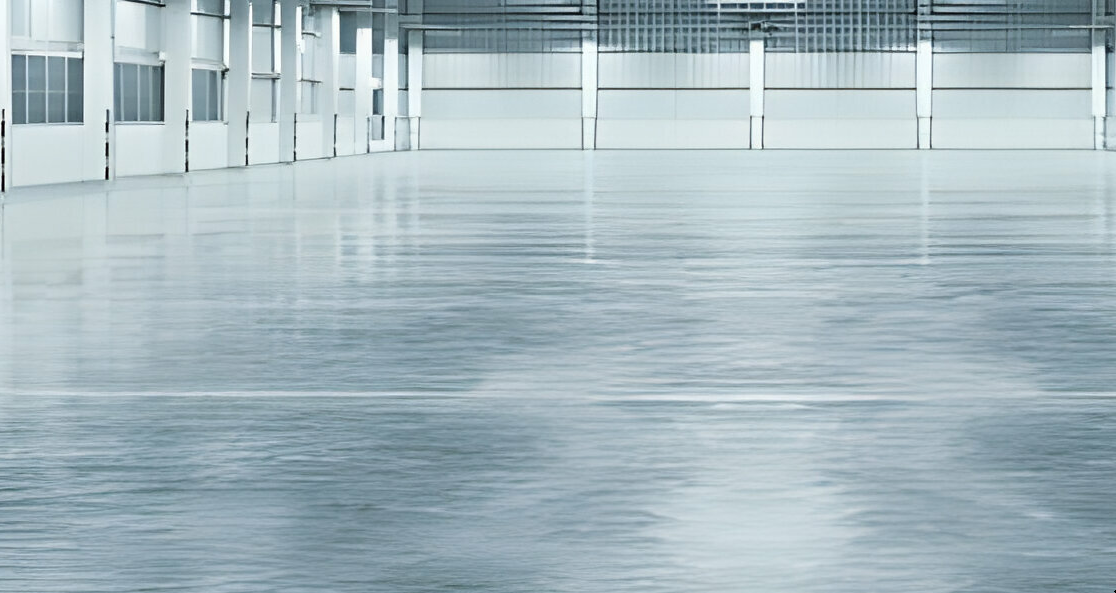Selecting the appropriate flooring for a commercial kitchen is a critical decision that impacts safety, cleanliness, and functionality. Commercial kitchen flooring must withstand heavy foot traffic, spills, grease, and high-temperature environments while adhering to health and safety regulations. Let’s explore some essential factors to consider when choosing commercial kitchen flooring and popular options available.
1. Durability and Resistance:
Commercial kitchen floors endure significant wear and tear, so durability and resistance are paramount. The flooring material should be able to withstand heavy equipment, constant foot traffic, spills, and frequent cleaning without deteriorating or becoming slippery. Look for flooring options with high resistance to stains, chemicals, and moisture to ensure longevity and maintain a safe working environment.
2. Safety Features:
Safety is a top priority in commercial kitchens, where slips and falls are common hazards. Choose flooring materials with slip-resistant properties to reduce the risk of accidents, especially in areas prone to spills or wet conditions. Textured surfaces or non-slip coatings can provide added traction and improve grip underfoot, enhancing safety for kitchen staff and minimizing the potential for injuries.
3. Hygiene and Cleanliness:
Maintaining a hygienic environment is essential in commercial kitchens to prevent contamination and ensure food safety. Flooring materials should be easy to clean, non-porous, and resistant to bacterial growth. Seamless flooring options, such as epoxy coatings or poured resin floors, minimize the presence of cracks and crevices where dirt and bacteria can accumulate, facilitating thorough cleaning and sanitation practices.
4. Heat and Chemical Resistance:
Commercial kitchens are exposed to high temperatures from cooking equipment and hot oil spills, as well as harsh cleaning chemicals. Choose flooring materials that can withstand heat and resist damage from hot objects and chemical spills. Materials like ceramic tile, quarry tile, or epoxy flooring offer excellent heat and chemical resistance, making them suitable choices for commercial kitchen environments.
5. Maintenance Requirements:
Consider the maintenance requirements of different flooring options and choose a material that fits your cleaning protocols and schedule. Low-maintenance flooring options, such as vinyl or rubber flooring, are easy to clean and require minimal upkeep, making them ideal for busy commercial kitchens. Regular sweeping, mopping, and occasional deep cleaning are essential to preserve the appearance and integrity of the flooring over time.
Popular Flooring Options for Commercial Kitchens:
Ceramic Tile: Durable, heat-resistant, and available in a variety of colors and patterns.
Quarry Tile: Slip-resistant, stain-resistant, and able to withstand heavy traffic and moisture.
Vinyl Flooring: Affordable, easy to clean, and available in sheet, tile, or plank formats.
Rubber Flooring: Cushioned, slip-resistant, and resistant to stains, water, and chemicals.
Epoxy Coatings: Seamless, durable, and highly resistant to stains, moisture, and chemicals.
Conclusion:
Selecting the right flooring for your commercial kitchen is crucial for ensuring safety, hygiene, and functionality. By considering factors such as durability, safety features, cleanliness, heat and chemical resistance, and maintenance requirements, you can choose a flooring option that meets the unique needs of your kitchen environment. Consult with flooring experts to explore the available options and make an informed decision that enhances the efficiency and safety of your commercial kitchen. click here to get more info https://aklevelandpolish.com/floor-leveling.
895 Don Mills Rd. Suite 900, Toronto, ON M3C 1W3 Phone
+1 647 710-5034
